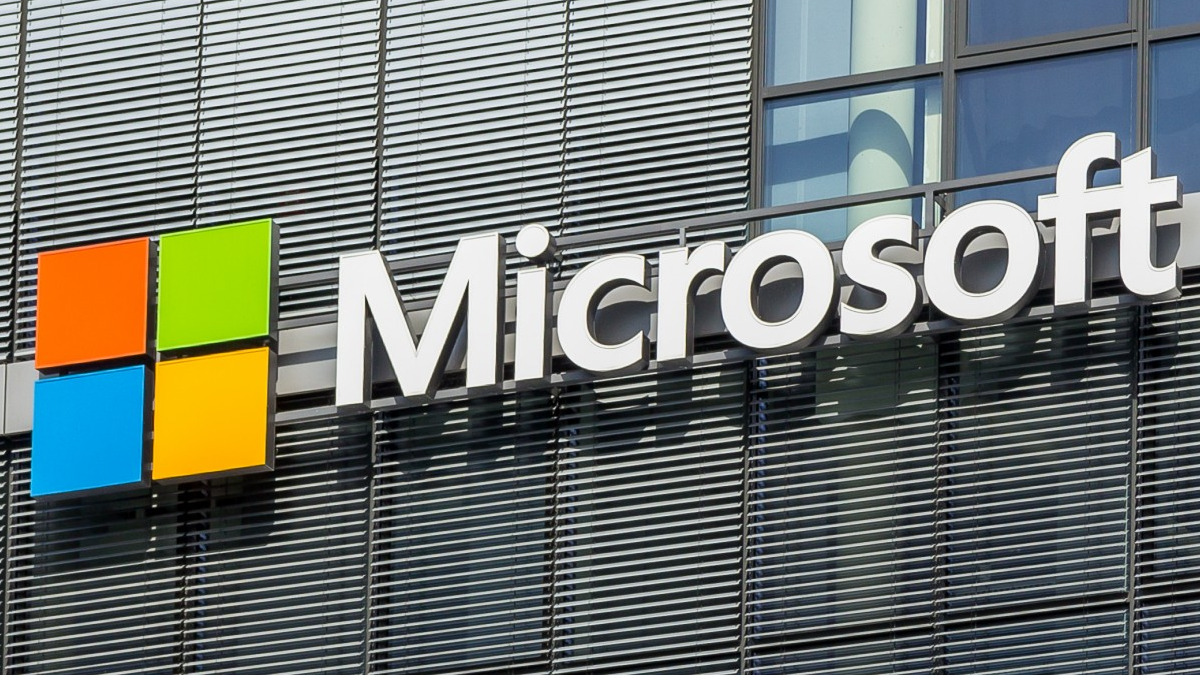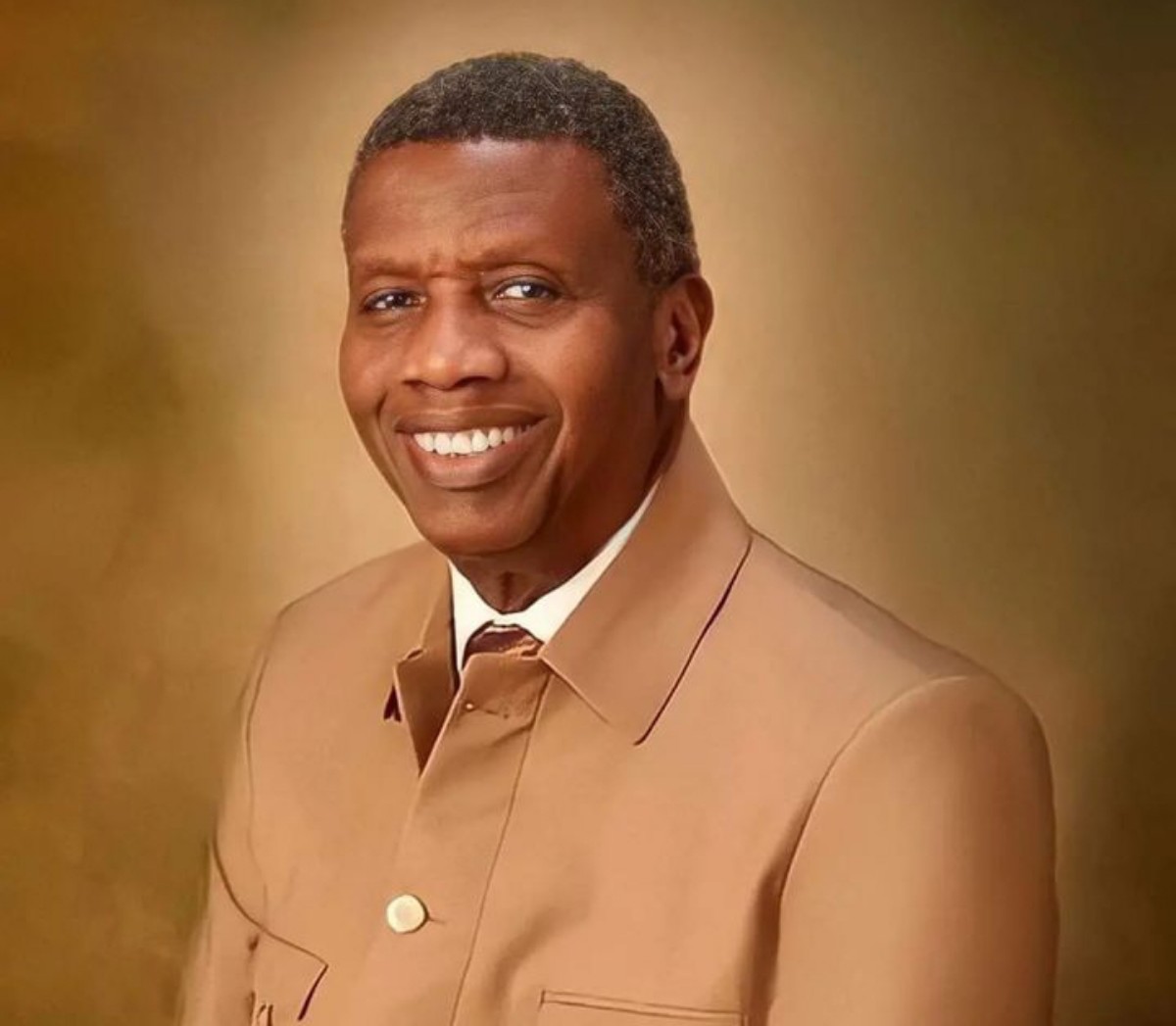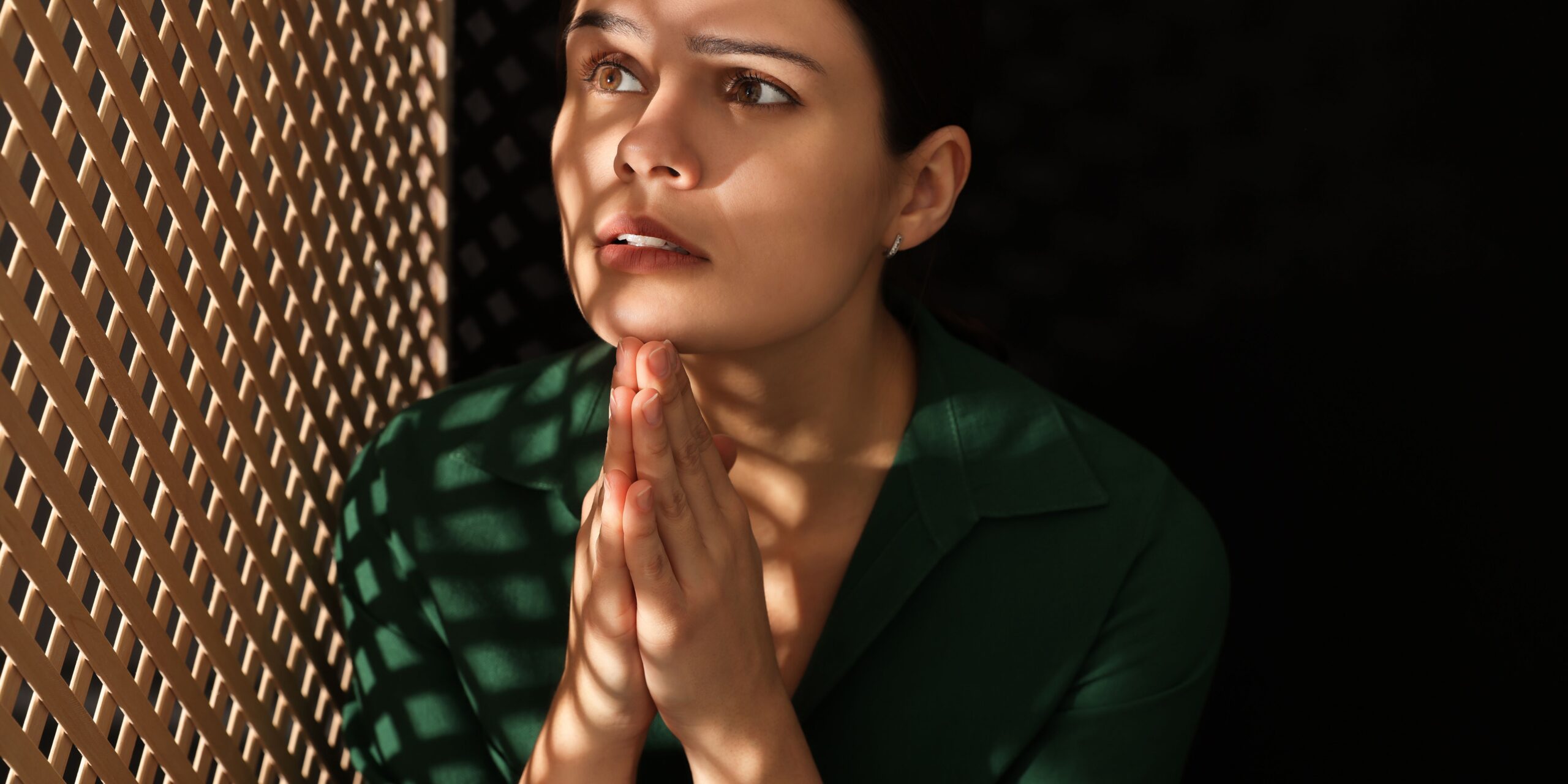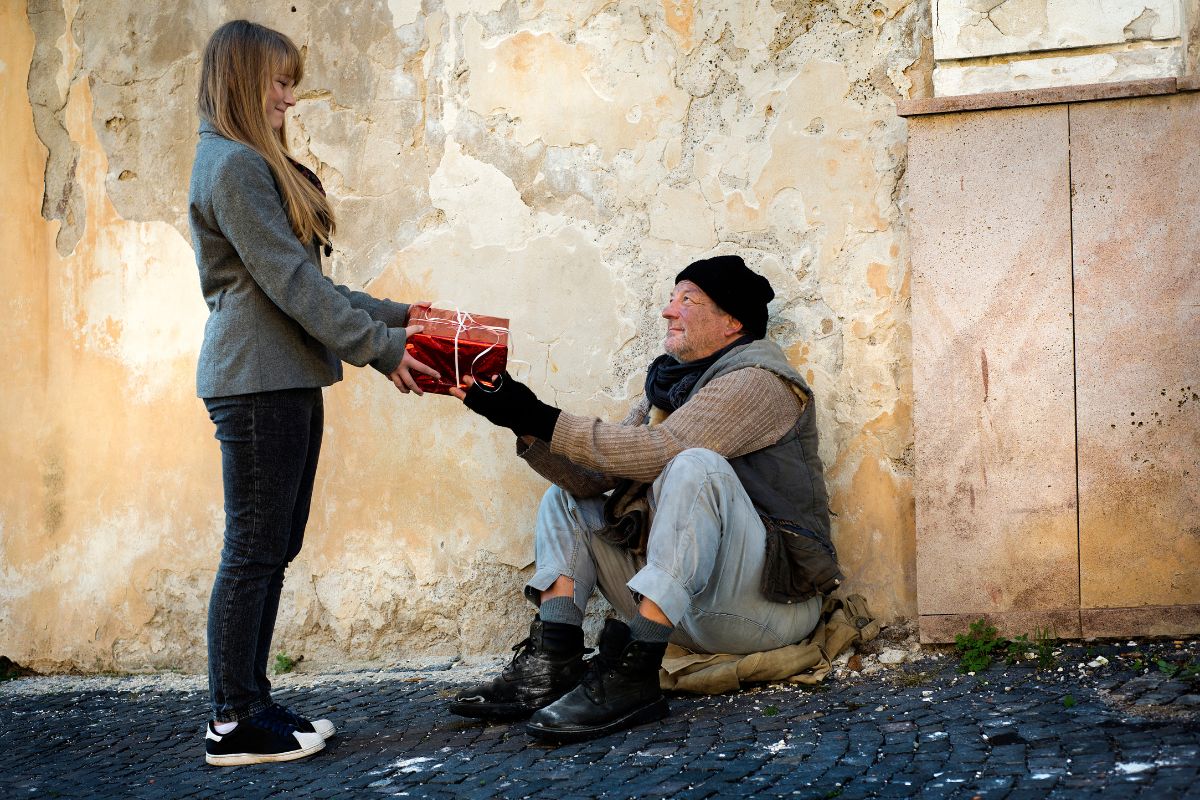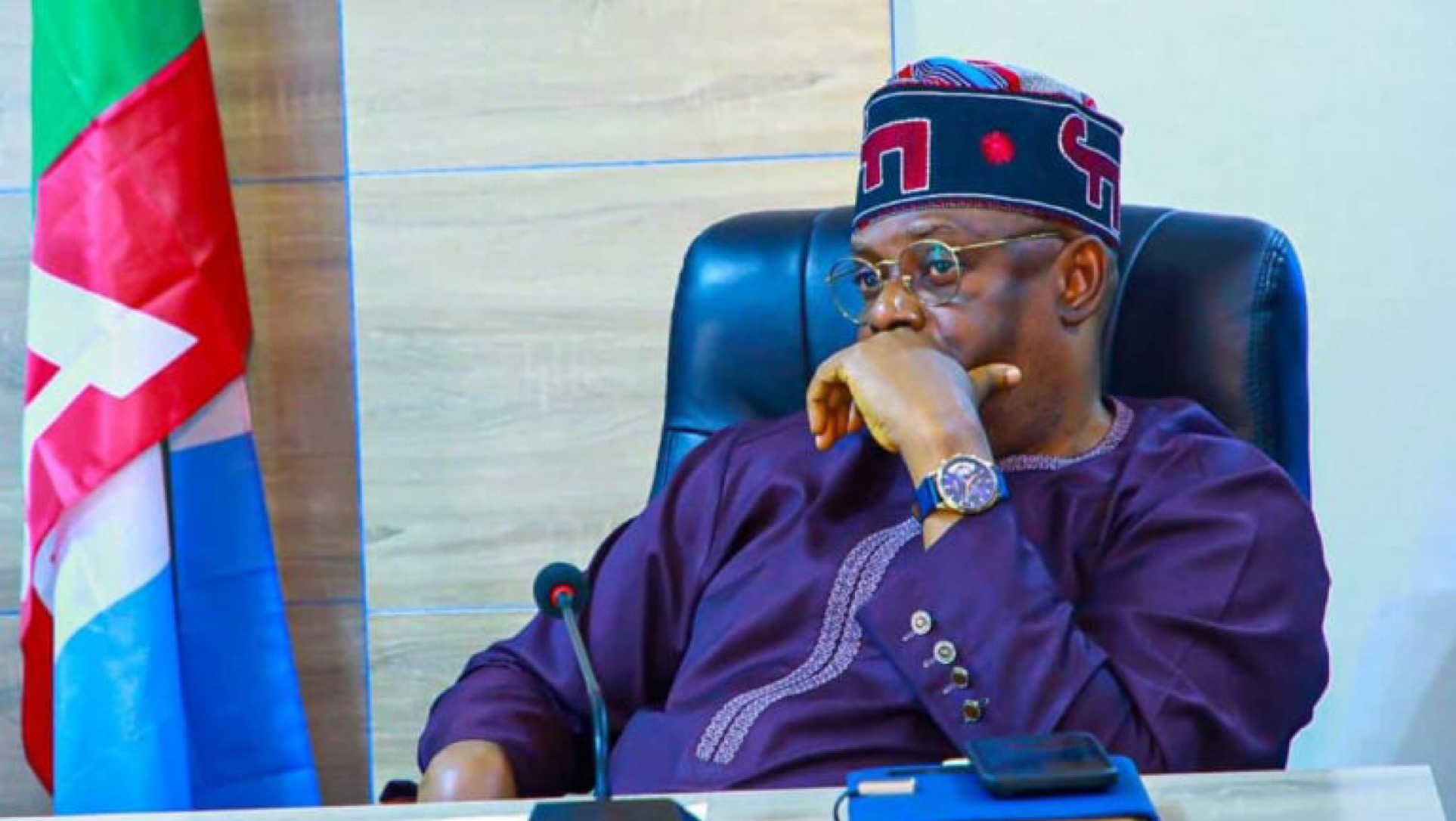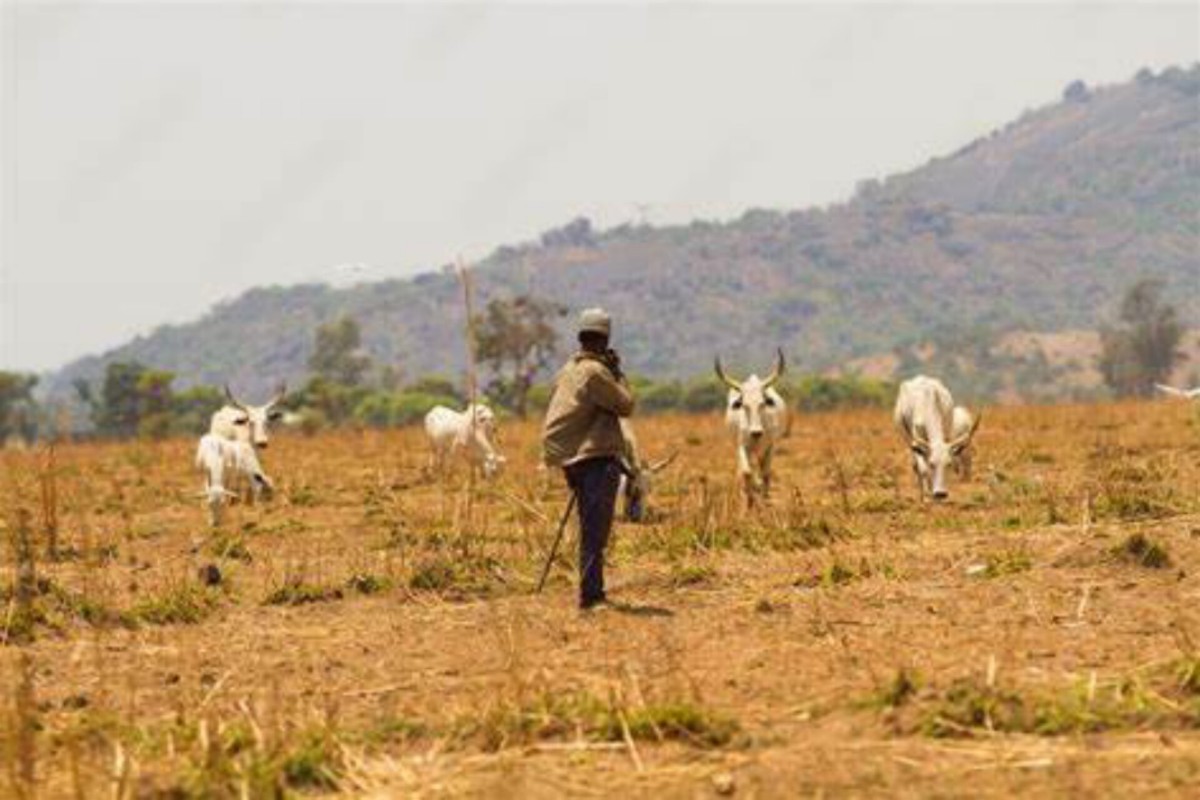
Are you gearing up for a holiday or work trip to the United States? Before you hop on that plane, it’s crucial to take a closer look at your social media activity. In today’s politically charged travel landscape, particularly for travelers from African countries and beyond, what you’ve shared online might come back to haunt you.
Consider the recent story of Mads Mikkelsen, a 21-year-old Norwegian traveler, whose experience at Newark Liberty International Airport raises serious eyebrows. In June, he was stopped at the border and shockingly denied entry after U.S. immigration officials scrutinized his phone and discovered a meme that poked fun at the American Vice President, J.D. Vance.
What did immigration officials find in Mads Mikkelsen’s phone?
Mikkelsen recalled that the officials asked for his phone’s password. “They threatened me with a minimum fine of $5,000 or five years in prison if I refused to provide the password to my phone,” he alleged.
Mikkelsen eventually provided his password and learned that he would not be allowed to proceed with his vacation because of two images he had on his phone. One was a meme showing Vance sporting a bald, egg-like dome that went viral in March. Even the Vice President himself had shared it. The other was a photo of Mikkelsen featuring a wooden pipe he crafted ages ago.
“Both pictures had been automatically saved to my camera roll from a chat app, but I didn’t think these innocent pictures would stop my entry into the country,” Mikkelsen said.
Mikkelsen said that he tried to explain that the photos were just for laughs, but was ignored. He was later subject to a strip search and made to undergo blood sampling, a facial scan, and fingerprinting.
While U.S. authorities downplay the incident, claiming it was due to Mikkelsen’s supposed history with drugs, the case ignites a fiery conversation about privacy, freedom of speech, and the expanding reach of border control measures under the Trump administration.
And Mikkelsen isn’t alone. In other striking cases, a French academic was barred from entry over his critical comments regarding U.S. science policy under Trump, and an Australian writer found himself questioned about his perspectives on the Israel-Gaza conflict, only to be sent home.
The takeaway? Your online presence can be put under a microscope and used against you—even if your intentions for travel are entirely innocent.
What’s Behind This Shift?
The Trump administration has ramped up immigration scrutiny, introducing tighter procedures for screening tourists, foreign students, and even those with long-standing visas. Now, customs officials may dive into your social media profiles, private messages, and photos on your devices—often without a warrant.
While you do have some rights as a visitor, they don’t encompass the same protections guaranteed to U.S. citizens. This means border agents can manually search your phone, including scrolling through content and delving deep into apps, all without needing probable cause.
For even deeper forensic searches—where your device is connected and scrutinized—officials must articulate “reasonable suspicion,” a vague term lacking clear legal boundaries. As Nate Freed Wessler of the American Civil Liberties Union points out, “Tourists have fewer civil rights compared to U.S. citizens.”
Choosing not to answer questions or refusing to hand over your device may lead to denial of entry or temporary detention.
The risks don’t stop at mere inconvenience. The World Travel & Tourism Council estimates that the U.S. stands to lose over $12.5 billion in international tourism revenue this year, as apprehensive travelers grow wary of the perceived digital surveillance at U.S. borders.
Here’s What You Need to Know:
- Mind Your Online Activity: Consider steering clear of political posts, especially memes, satire, or any comments that could be deemed critical of U.S. politicians before your journey.
- Expect Potential Device Searches: Customs officials can inspect your phone at the border, and refusing to unlock it might simply end your travel plans.
- Be Aware of Limited Recourse: Tourists can be held for up to 90 days without formal charges, adding an element of unpredictability to your trip.
- Honesty is Key: Even a past admission of drug use can jeopardize your visa or travel standing.
As tempting as it might be to voice your opinions social media, doing so could inadvertently jeopardize your ability to travel. In these uncertain times, it’s wiser to be mindful of your digital footprint and cautious with your posts—because what’s on your device might just derail your journey before it even starts!



























